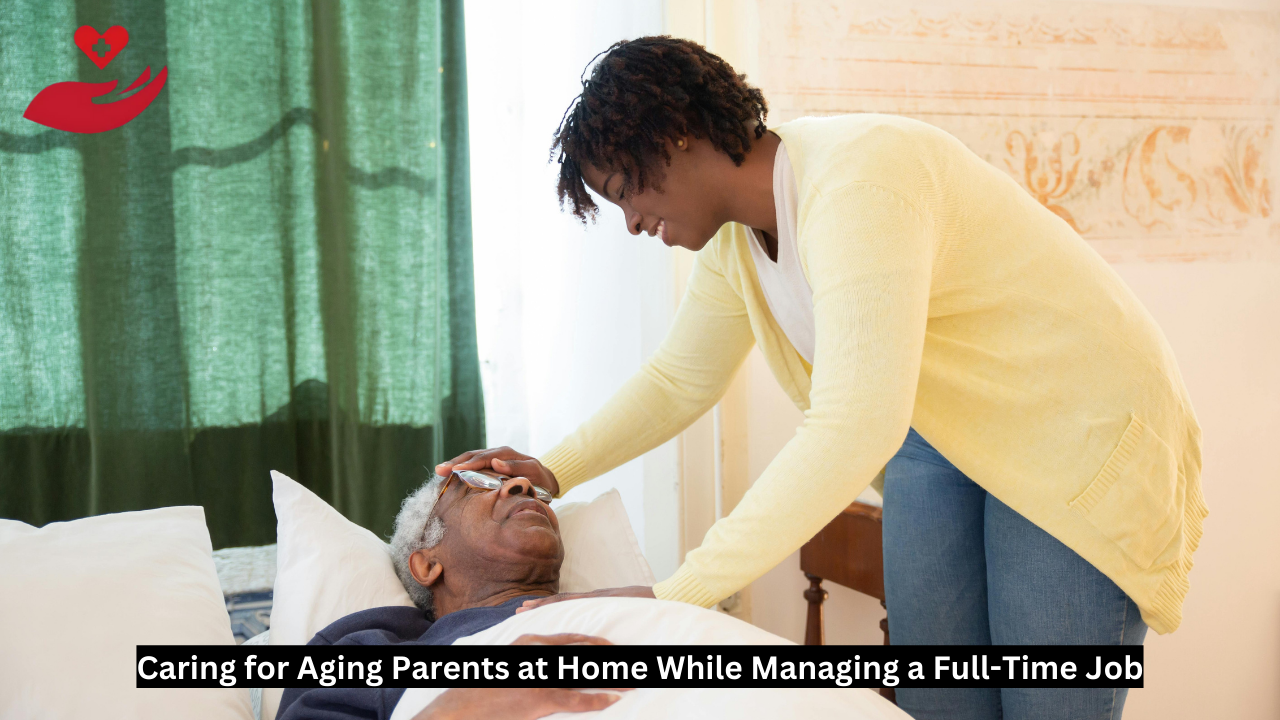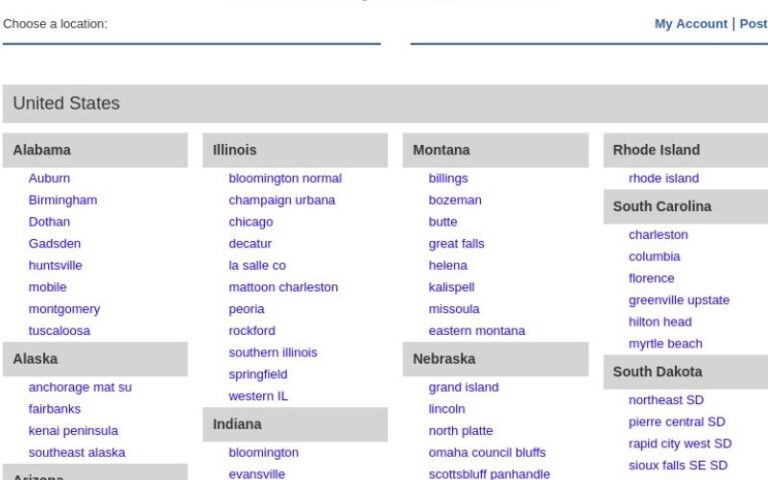Balancing the directives of full-time employment while caring for aging parents at home can be rewarding and overwhelming. As parents age, their needs often require more time, attention, and emotional support, creating unique challenges for working caregivers. However, with the right techniques, resources, and perspective, it’s possible to provide exceptional care without sacrificing your career.
In this article, we will analyze practical tips to help you manage responsibilities and maintain work-life balance effectively.
Understanding the Challenges of Balancing Work and Elderly Care
Balancing work and elderly care is a challenging task that often feels like strolling a tightrope. Caregivers must manage competing priorities, including professional deadlines, parental health needs, and personal well-being.
As per the Population Reference Bureau, the number of the US population aged above 65 years is projected to increase by 47% by 2050. The number of Americans aged 65 years and up was 58 million in 2022 and it is expected to become 82 million by 2050. The share of the elderly population will increase from 17% to 23%.
This demographic shift can take an emotional toll on caregivers, leading to anxiety, burnout, and decreased productivity. To balance both, establish clear boundaries between work and caregiving responsibilities. To accommodate caregiving demands, leverage workplace flexibility, such as remote work or altered schedules.
Create a routine to organize daily tasks and ensure consistency. Seeking support from family, friends, or professional caregivers can lighten the load. Most importantly, prioritize self-care to stay mentally and physically equipped for both roles.
How do I identify when I’m overwhelmed with caregiving responsibilities?
You may feel overwhelmed with caregiving responsibilities if you experience persistent stress, irritability, exhaustion, and struggle to concentrate or complete tasks effectively. Physical signs like frequent headaches, trouble sleeping, or neglecting your needs can also indicate burnout. Recognizing these signs early is critical to seeking support and preventing caregiver fatigue.
Establishing a Routine for Better Time Management
According to Zippia, 82% of people don’t have a time management system. Spending 10-12 minutes planning your day can save you up to 2 hours daily. Start by creating a daily schedule that prioritizes your professional tasks and caregiving responsibilities, allocating specific time blocks for each.
Break down large tasks into manageable steps and set realistic goals to avoid feeling overwhelmed. Include regular check-ins with your loved one to address their needs while ensuring time for your work commitments. Consistency in routines reduces stress and enhances productivity, allowing you to stay organized and adaptable even when unexpected challenges arise.
Prioritizing Communication with Your Employer
Timely communication with your employer is crucial when juggling caregiving and work responsibilities. Openly discussing your situation helps set realistic expectations and fosters mutual understanding. Inform your employer about any potential scheduling conflicts and research flexible options like remote jobs or adjusted hours.
A survey by Indeed says that 80% of the workers believe the COVID pandemic has greatly affected their burnout. Approximately 67% of respondents say it worsened after the pandemic, while 13% say it got better. Working remotely also impacts burnout. Around 38% of respondents working remotely feel more burnout than 28% working onsite. It is important to communicate with your employer about your extra obligations when feeling burnout.
Communication and transparency build trust and show your commitment to both your job and caregiving role. In return, you can expect support such as workload adjustments or access to employee assistance programs. Proactive communication ensures smoother transitions during challenges and creates a collaborative environment for managing responsibilities effectively.
Knowing When to Hire a Home Care Nurse
Knowing when to hire a home care nurse is key to ensuring your elderly parents receive the specialized attention they need. If your loved ones require medical assistance, struggle with daily tasks, or need extra care, a skilled nurse can provide invaluable support.
Recently, accelerated BSN programs have prepared nurses to provide holistic care by integrating in-depth clinical expertise with empathetic, patient-centered practices. Their expertise ensures proper medication management, mobility support, and routine health monitoring. Many pursue their ABSN program online, making them adaptable and skilled in modern healthcare practices that offer exceptional care.
According to Holy Family University, these online programs offer a fast-tracked way to gain essential nursing skills. This comprehensive knowledge empowers nurses to transition seamlessly into caregiving roles.
What should I question when interviewing a probable caregiver?
Ask about their experience with elderly care, specific skills like medication management or mobility assistance, and availability to meet your schedule. Inquire about their strategy for handling emergencies and their familiarity with any medical conditions your parents may have. References can provide additional reassurance.
Seeking Support from Family and Community
As per Guardian Life, 73% of workers in the US have some type of caregiving responsibilities. Along with working full-time, they are also providing free caregiving to an elderly member of their family. In such a situation seeking support from family and community is essential to manage caregiving responsibilities.
Start by involving family members in sharing caregiving tasks, such as assisting with errands, meals, or appointments. Regular communication can ensure everyone contributes based on their strengths and availability. Beyond family, community resources like support groups, senior centers, or local caregiving services can provide guidance and relief.
These networks provide emotional support, practical guidance, and opportunities for respite care, helping you maintain balance. By leveraging the strength of collective effort, you can create a supportive atmosphere for your elderly parents while reducing pressure.
Creating a Safe and Comfortable Home Environment
Building a comfortable home environment for elderly parents doesn’t have to be expensive. Start by decluttering to reduce tripping hazards and ensure clear pathways. Install affordable safety features like non-slip mats in bathrooms, grab bars, and motion sensor lights. Rearrange furniture for easy accessibility and place essential items within reach.
Use simple fixes, such as securing loose rugs or adding cushions to chairs for comfort. Regularly check for hazards like frayed wires or uneven flooring. A clean, well-lit, and organized space promotes safety and peace of mind, allowing your loved ones to feel secure and cared for at home.
How can I assess whether my home is adequately prepared for aging parents?
Assess your home by identifying potential safety risks, such as loose rugs, inferior lighting, or lack of railings. Ensure easy accessibility by minimizing stairs and organizing frequently used items within reach. Consider the specific needs of your aging parents, like mobility aids or medical equipment, to create a safe and supportive environment.
Finding Balance with Care and Commitment
Caring for aging parents while managing a full-time job is a challenging yet fulfilling journey. By establishing routines, seeking support, and maintaining open contact, you can create a nurturing atmosphere for your loved ones without compromising your career. Remember to prioritize self-care and leverage unrestricted resources to achieve a sustainable balance for everyone involved.








